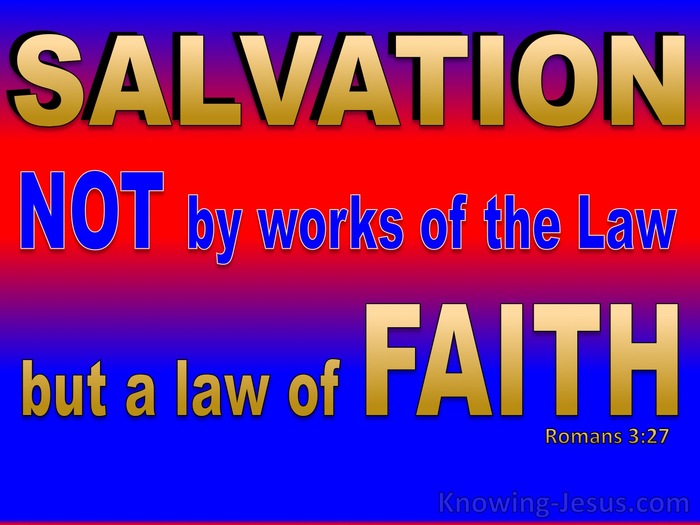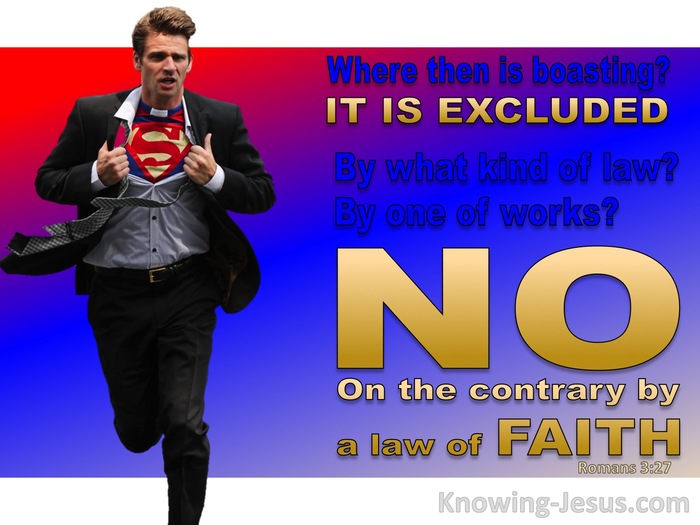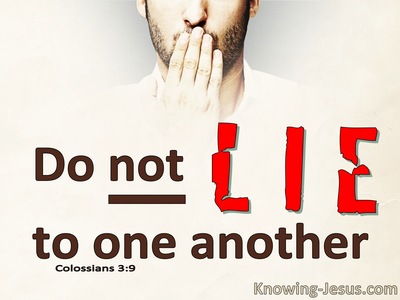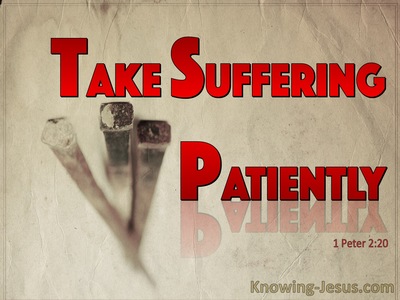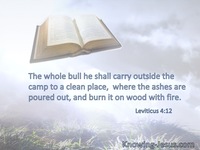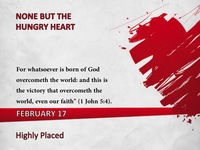◄ What Does Romans 3:27 Mean? ►
Where then is boasting? It is excluded By what kind of law? Of works? No, but by a law of faith.
Romans 3:27(NASB)
Verse of the Day
God is the Source and Giver of wisdom. Paul, as led by the Holy Spirit, argues logically and unquestionably that man is unrighteous, unprofitable, deceitful, destructive, and ungodly by nature.
Paul continues to explain that the justice of God demands that full payment be made for the sin of every man, and the wages of sin is death. He testifies that there is only one road to redemption. He warns that there is only one way by which man may be saved, and that is by faith in the shed blood of the Lord Jesus Christ Who is the propitiation for our sins, and through Whom the redemption price for the sin of mankind was paid in full and accepted unconditionally by the Father.
The perfect righteousness of God was fully satisfied when the shed blood of the innocent Lord Jesus was willingly offered as that full and final payment for the sin of the whole world. Yes, the wages of sin is death, BUT the gift of God is eternal life through faith in Jesus Christ our Lord.
Our sin nature and the sins we commit have to be punished, and Jesus took the full and final punishment that we deserve; but it is only and exclusively and unalterably by faith in the death, burial, and Resurrection of the Lord Jesus that we can be fully and forever forgiven of our sins and placed in eternal union with Christ, by which we are brought back into a right relationship with our heavenly Father.
For nearly four chapters, Paul hammers home the unchangeable truth that there is nothing that man can do to make amends for his sin. There is nothing man can do to add to Christ's finished work, for He paid the price of all our sins in full. There is nothing we can add to God's wonderful plan of salvation; no meritorious work, no good deed, no kindly action, no financial contribution, no painful penance, nothing. For if there was the smallest amount of merit on man's behalf that could be added to Christ's sacrificial offering of Himself, we could boast that we contributed towards our own salvation or that we did something to warrant our redemption. May it never be, as Paul would say: "God forbid that I should boast save in the death, burial and Resurrection of Christ my God."
And so Paul concludes this section of his clear and uncompromising presentation of the gospel of Christ by asking a simple rhetorical question: Where then is boasting? And immediately he gives the single and unalterable answer: Boasting is excluded from our salvation, for salvation is in Christ and Christ alone.
Paul labours this point for he anticipates yet one more question: Who says so? What kind of law are you using to back up your argument Paul? What principle are you enforcing and why should I believe what you say? But as always, Paul brings us back to the one and only method and means of salvation as dictated by the Word of God. By the law of faith, which God Himself established before the world began.
For we conclude that a man is justified by faith apart from works of law. Faith was credited to Abraham for righteousness, and by faith the men and women of Hebrews 11 were all made righteous in God's eyes. We too are saved by grace through faith in the finished work of Christ. Where then is boasting? It is excluded. God forbid that I should boast save in the death of Christ my God.
My Prayer
Heavenly Father, thank You for the Word of God and the wonderful way that You used Your servant Paul, to lay out the means and method of salvation so unambiguously. Thank You that my salvation does not depend on anything that I do to please You, but rests entirely and exclusively on what Christ has done on my behalf. In Jesus' name, AMEN.
Choose a Verse from Romans 3
Romans 3:27 Further Study
- Romans 3:27 in the Parallel Bible
- Romans 3:27 in the Thematic Bible
- Romans 3:27 Cross References
- Romans 3:27 Treasury of Scripture Knowing
- Romans 3:27 Sermons
- Romans 3:27 Prayers
- Romans 3:27 Images
- Choose Chapter
Never miss a post
